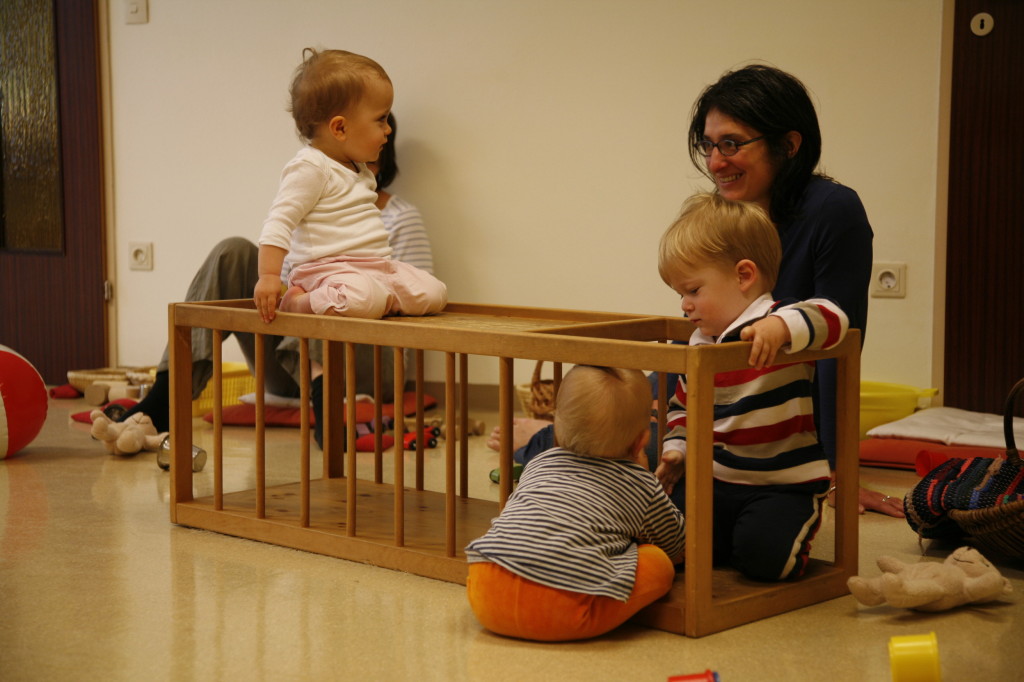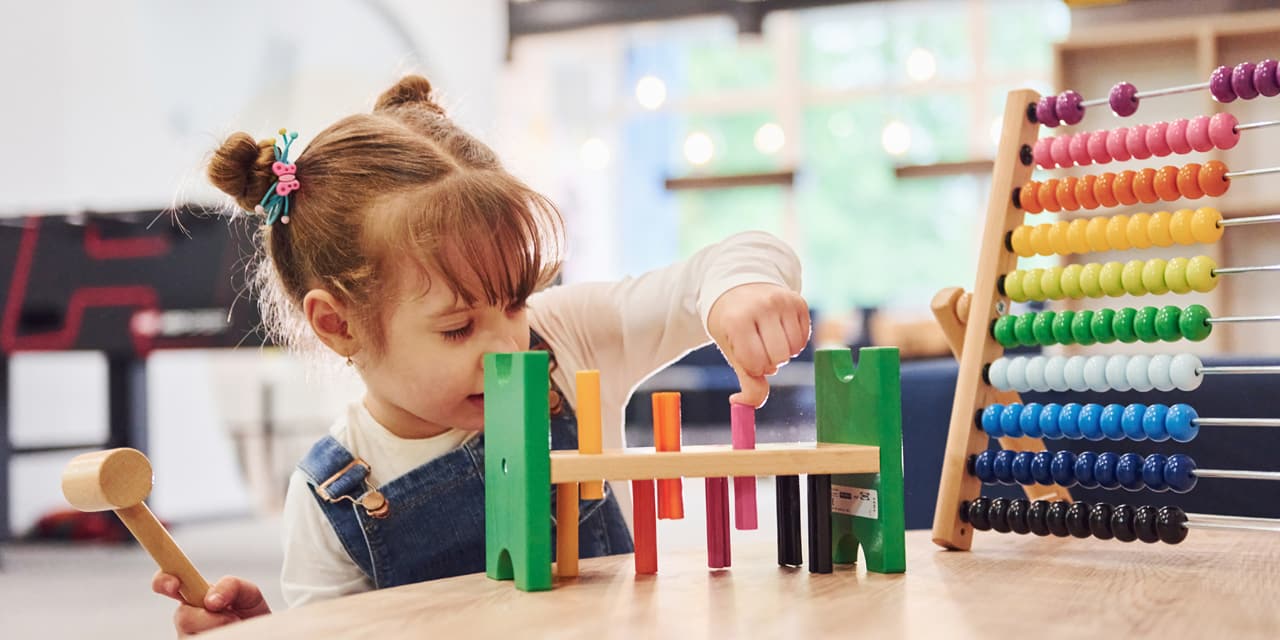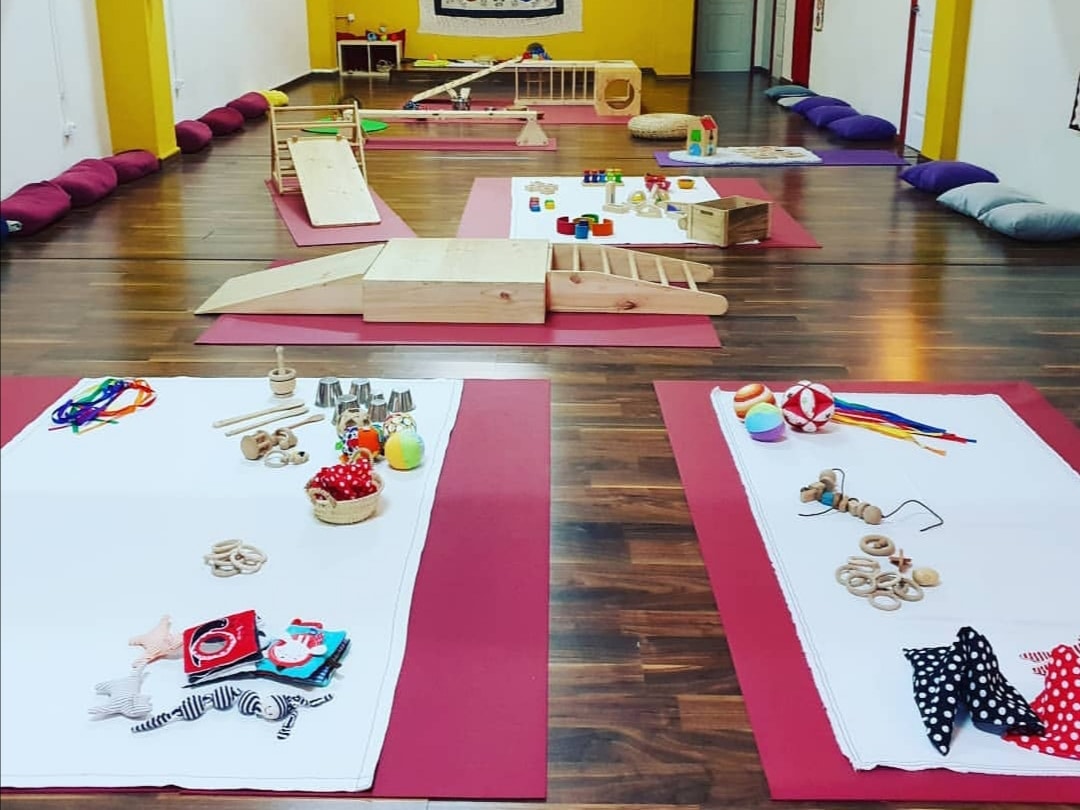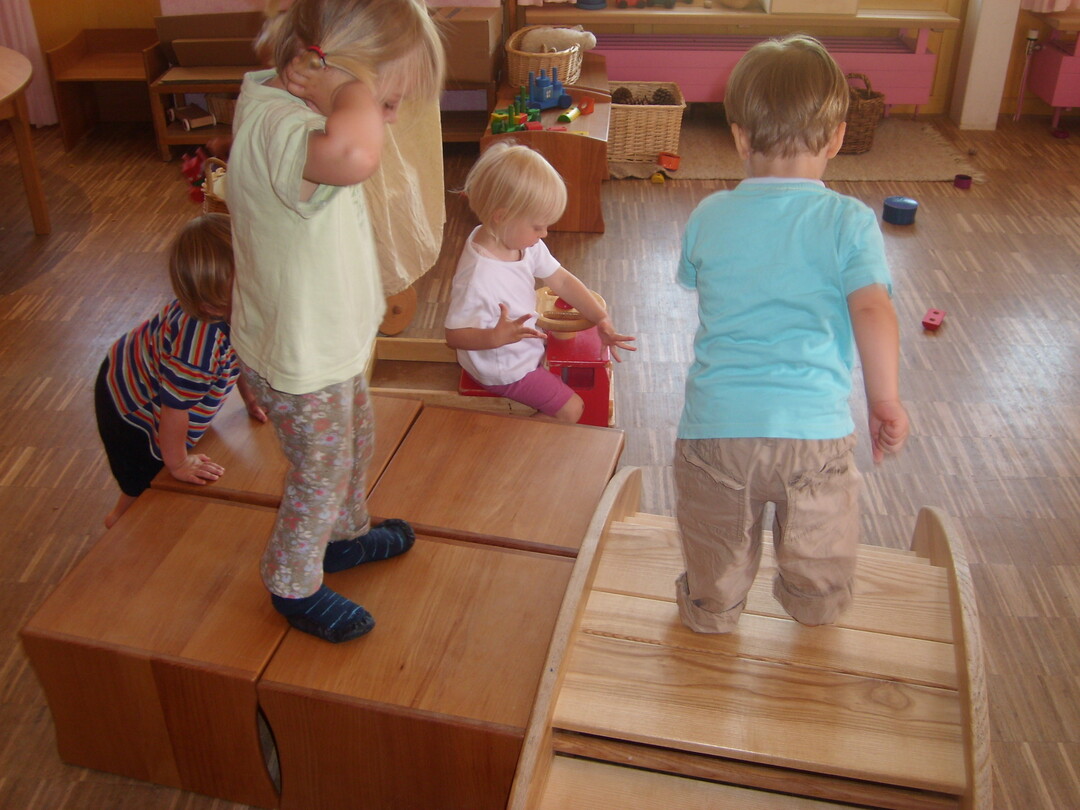
PiklerSpielRaum Gruppen « PIKLER INSTITUT Emmi Pikler Pädagogik
Dorothy Marlen explores the Pikler approach to the care of infants and young children… You may not have heard her name, but the genius of Dr Emmi Pikler (1902-1984) and ongoing exemplary childcare at the Pikler Institute in Budapest, Hungary, is finally beginning to gain attention in the UK.. The Pikler approach has for many years influenced early childhood care in countries in Europe and.

"Die Emmi Pikler Methode" Ein Interview mit HP Christine Strohmeyer YouTube
Motricité libre, référence, importance du soin… Voilà près de quarante ans que les observations de la pédiatre hongroise Emmi Pikler, alors directrice de l'Institut Lóczy, ont changé le regard de professionnels sur la petite enfance. Si de nombreuses structures d'accueil s'inspirent aujourd'hui de l'approche piklérienne dans leur projet pédagogique, pour un accueil plus.

Emmi Pikler y cómo transformar tu propia práctica
The Pikler method, also knon as the Emmi Pikler theory or Magda Gerber's Baby-led Weaning (BLW), is a variant of attachment parenting that advocates responding to an infant's needs as they arise, allowing them to move and explore their environment freely and providing a supportive, respectful environment in which they can learn and grow.

Eisnergutbogen FRÖBEL bildet! Pädagogik nach Emmi Pikler
WELKOM OP DE SITE VAN DE EMMI PIKLER STICHTING NEDERLAND. Hier vindt u informatie over de ontwikkeling van het jonge kind vanuit de visie van kinderarts en pedagoog Emmi Pikler. Bewegen, spelen en echt contact tijdens de verzorging zijn van cruciaal belang voor de ontwikkeling.

Die FreiSpielGruppen nach Emmi Pikler 03 Jahre Der Spiel und Bewegungsraum für
La méthode Pikler se concentre sur le respect des besoins, des capacités et des rythmes de chaque enfant. Elle permet aux parents et aux professionnels de soutenir avec attention le développement affectif, physique et mental des jeunes enfants, et encourage le jeu libre, l'expression créative et l'autonomie des enfants.

Emmi Pikler Pädagogik das Kita Konzept Barrio
These four Pikler Principles come from Myriam David and Geneviève Appell's book Lóczy: An Unusual Approach to Mothering. The value of independent activity. The value of a special, favoured, affective relationship and the importance of giving it a form suitable to an institutional setting. The necessity of fostering the child's awareness of.

Metodología Emmi Pikler (o Cómo Moverse En Libertad) • Conecta Con Su Infancia
The carer attentively responds to the infant's method of interaction and also follows his interests, always coming back to the activity in hand. From the very beginning, a dialogue begins to develop.. Emmi Pikler was born in 1902 and grew up in Vienna and Budapest, both then part of the Austro-Hungarian Empire. After the First World War.

EinBlick in die Kleinkindpädagogik von Emmi Pikler 18.06.2020 MontessoriArbeitskreis Kriftel
Emmi Pikler werd in 1902 in Wenen geboren. Ze werd aan het kinderziekenhuis van de Universiteit van Wenen tot kinderarts opgeleid. Professor Von Pirquet en kinderchirurg Salzer waren haar belangrijkste leermeesters. Zij stonden bekend als zeer progressief in hun benadering van jonge kinderen en dat trok studenten uit de hele wereld.

Emmi Pikler Pädagogik das Kita Konzept Barrio
Pikler pedagogy is a parenting method based on the liberation of the child's autonomy. To achieve this, Emmi Pikler states that the child should simply be provided with a suitable environment with stable social and emotional conditions.

La motricité libre selon Emmi Pikler Pikler Loczy Pikler Loczy
Dr. Emmi Pikler was a respected pediatrician who also managed the Loczy orphanage (1946-1979) in Hungary with Marika Reinitz. Dedicated to child development observation, Pikler. Pikler passed away at the age of 82 in 1984 but her work continues to inspire infant programs across the world. Magda Gerber, a friend and protégé of Pikler, is.

Pedagogía Emmi Pikler habilidades motoras libres y apego
Dr. Emmi Pikler, (1902-1984) was a Hungarian pediatrician, author and lecturer known for her revolutionary approach to infant and child care. In 1946 she founded a residential nursery in Budapest, Hungary, the Pikler® Institute, where the focus was to preserve the competence, autonomy and integrity of the young child, ages 0 to six years.

La pédagogie Emmi Pikler les principes de base de la méthode Loczy Pikler Triangle de Pikler
Die Pikler Pädagogik besteht aus drei Säulen. 2.1. Pflege und Kommunikation in Einem. 2.2. Die Bewegungsentwicklung benötigt Zeit. 2.3. Das freie Spiel dient der Selbstverwirklichung. 3. Die wichtigsten Prinzipien der Pikler Pädagogik im Überblick.

Emmi Pikler die Pädagogik nach Emmi Pikler einfach und kurz erklärt ERZIEHERKANAL YouTube
Emmi Pikler was a paediatrician who set up a home for orphaned children in Hungary during the post-war years. She developed practices for infant care that were associated with positive developmental outcomes for children by ensuring that each child had a privileged relationship with an adult and experienced quality touch and interactions. Magda.

Die FreiSpielGruppen nach Emmi Pikler 03 Jahre Der Spiel und Bewegungsraum für
Emmi Pikler was a paediatrician who set up a home for orphaned children in Hungary during the post-war years. She developed practices for infant care that were associated with positive developmental outcomes for children by ensuring that each child had a privileged relationship with an adult and experienced

5 Benefits of Pikler for Child Development CP
The Pikler method is based on respect for the child's abilities. In this regard, the adult becomes an observer and guide, but must respect the pace of the child's development and learning. In any case, there are some basic principles that are important to know in order to better understand this type of pedagogy: Allow autonomy in children.

Pädagogik nach Emmi Pikler Kinderkrippe Unser pädagogisches Konzept Waldorf Kindergarten
Emmi Pikler, née à Vienne en 1902, exerce comme pédiatre de famille à Budapest lorsque le gouvernement la contacte. Elle crée alors une pouponnière au n° 3 de la rue Lóczy, l'institut Lóczy, qui va accueillir les enfants orphelins ou abandonnés, et ce, parfois dès la maternité.